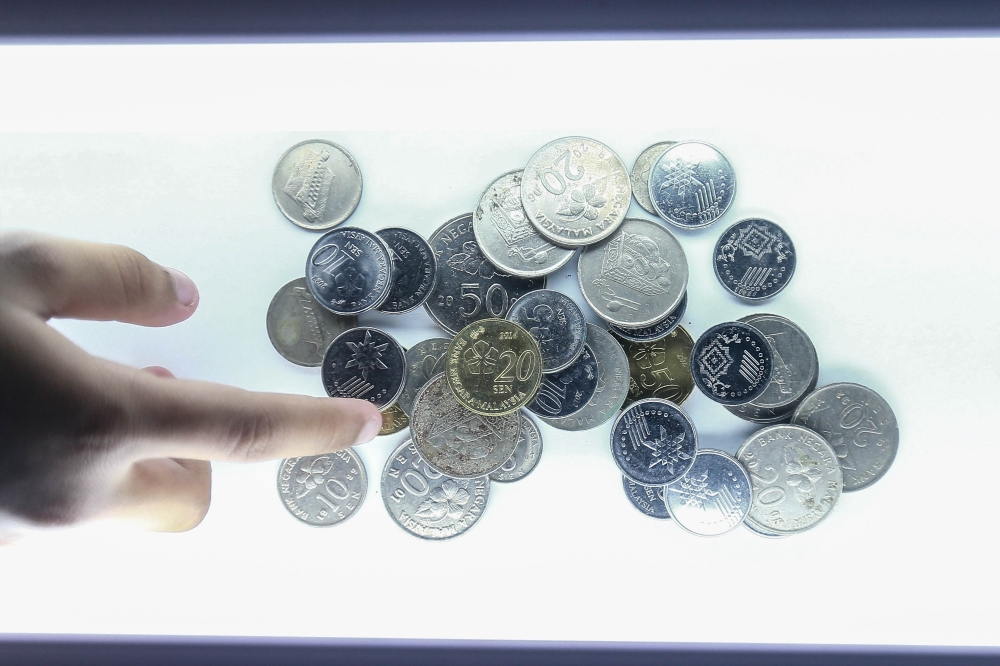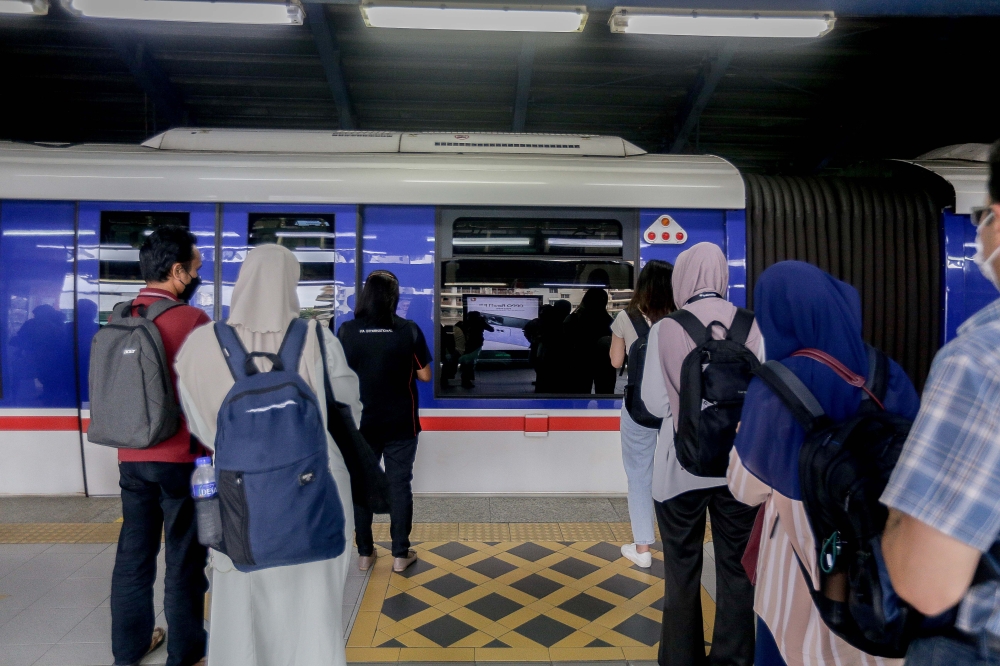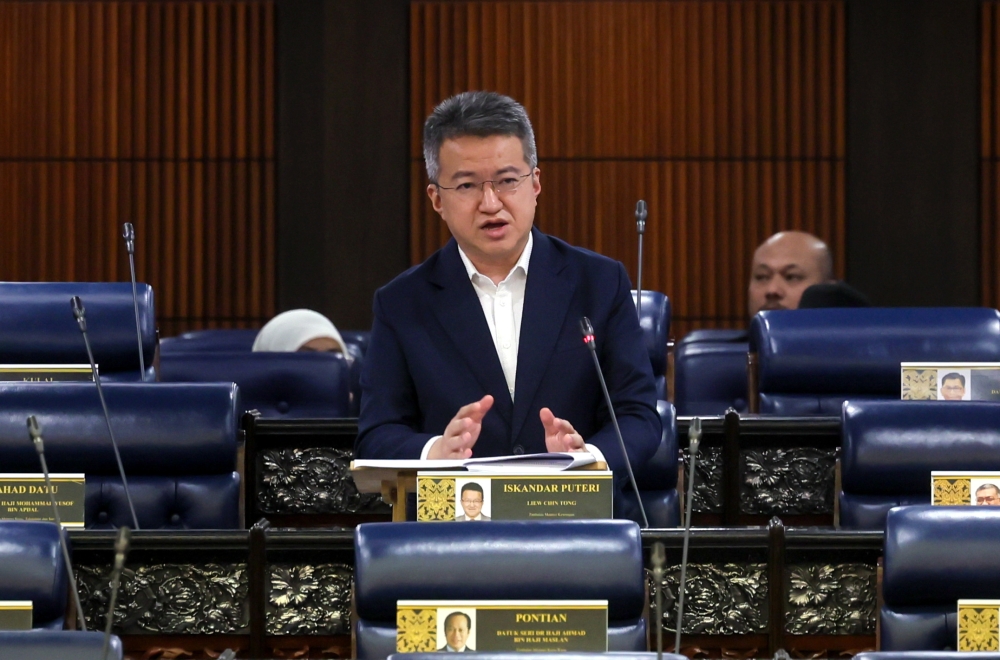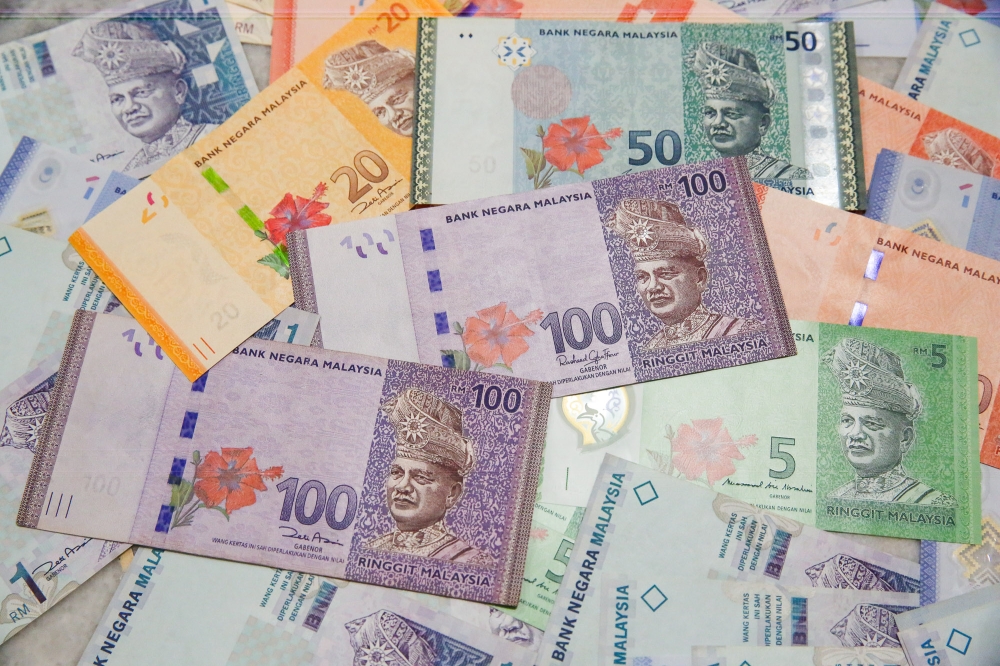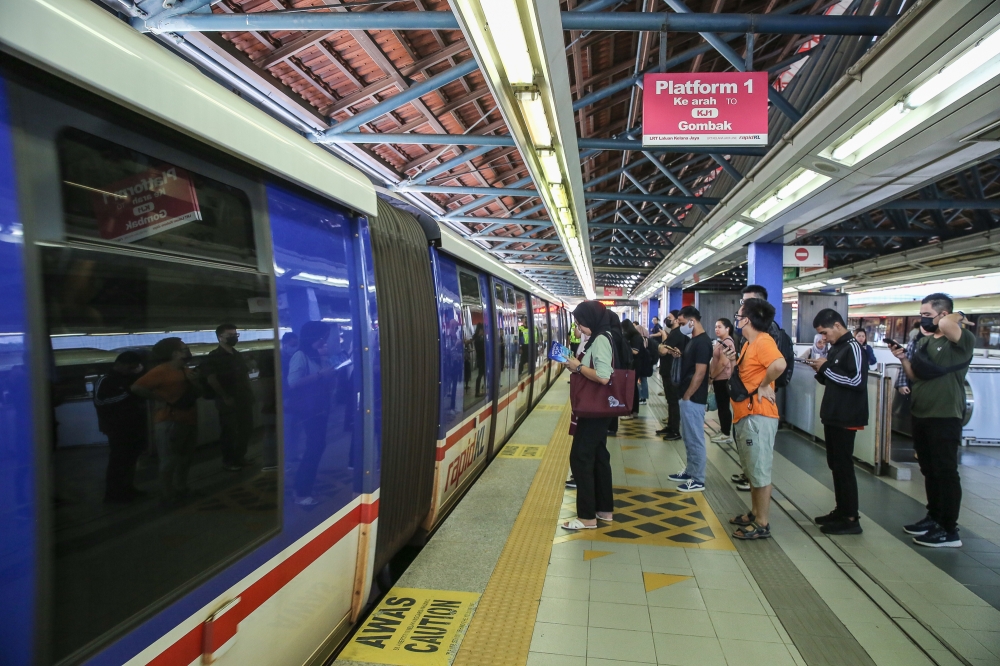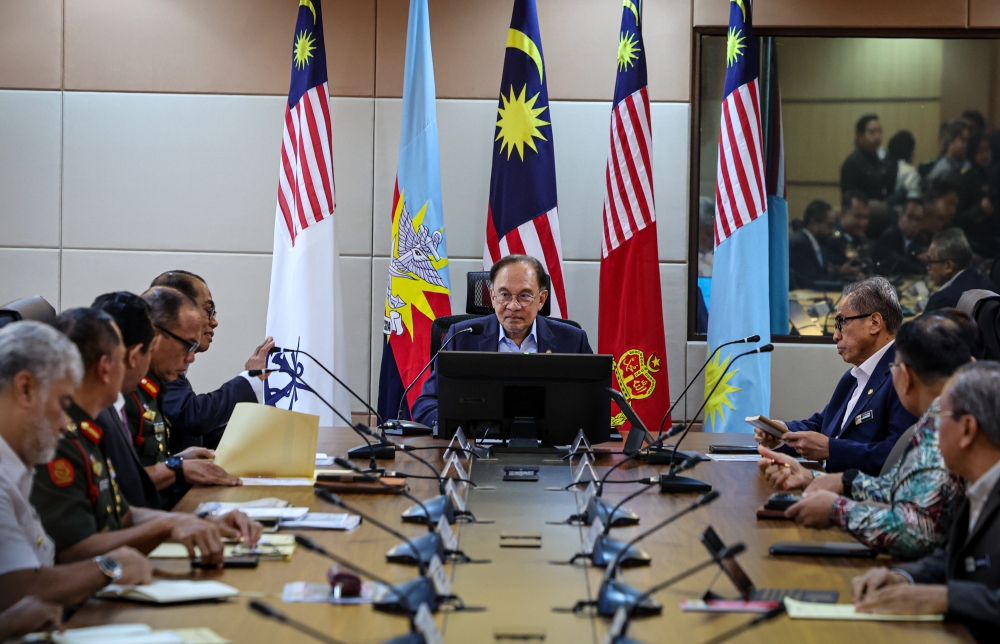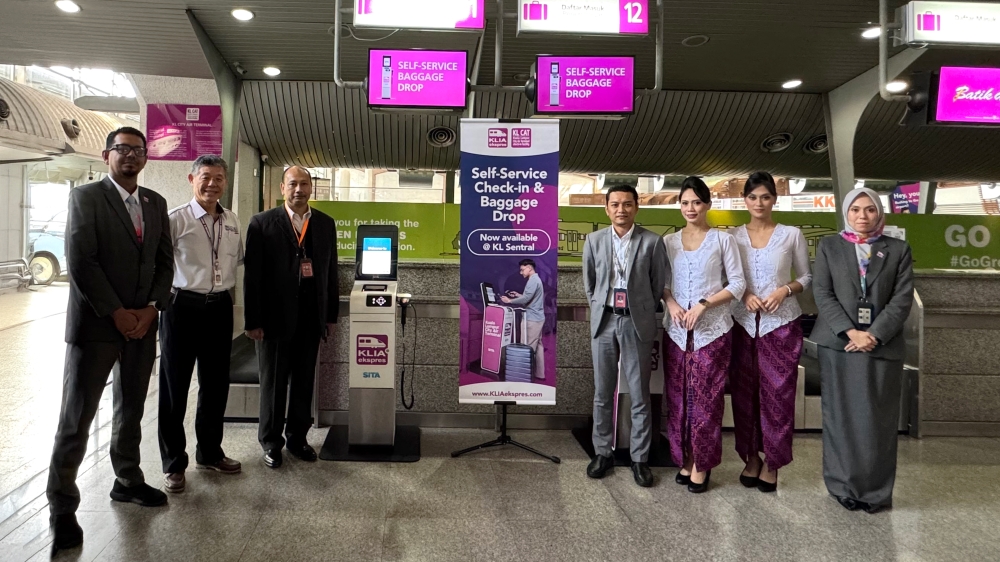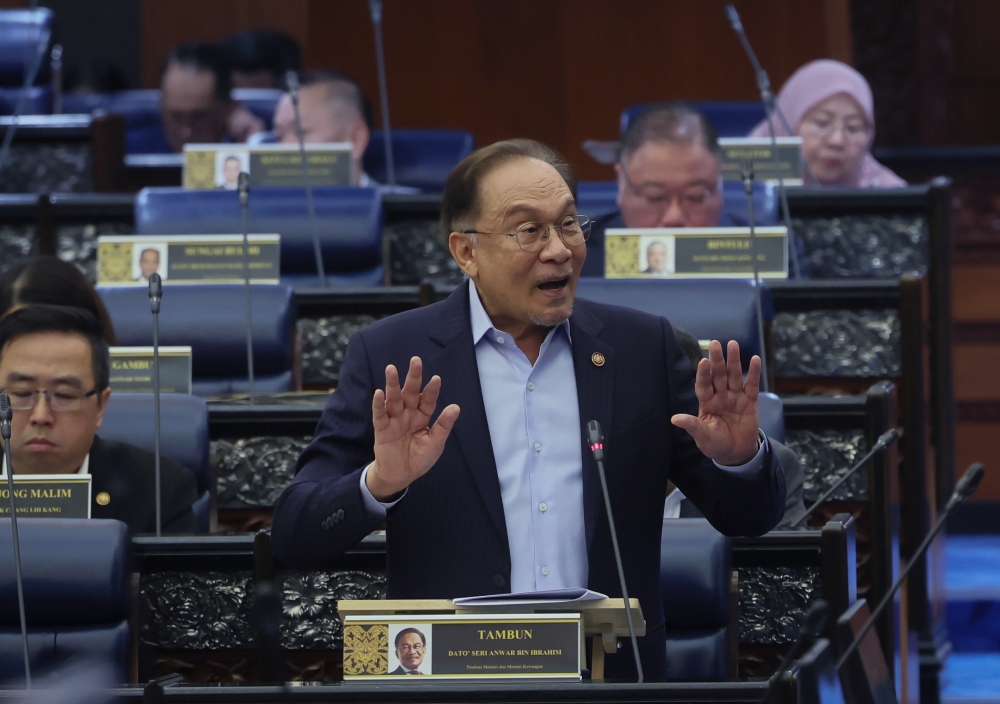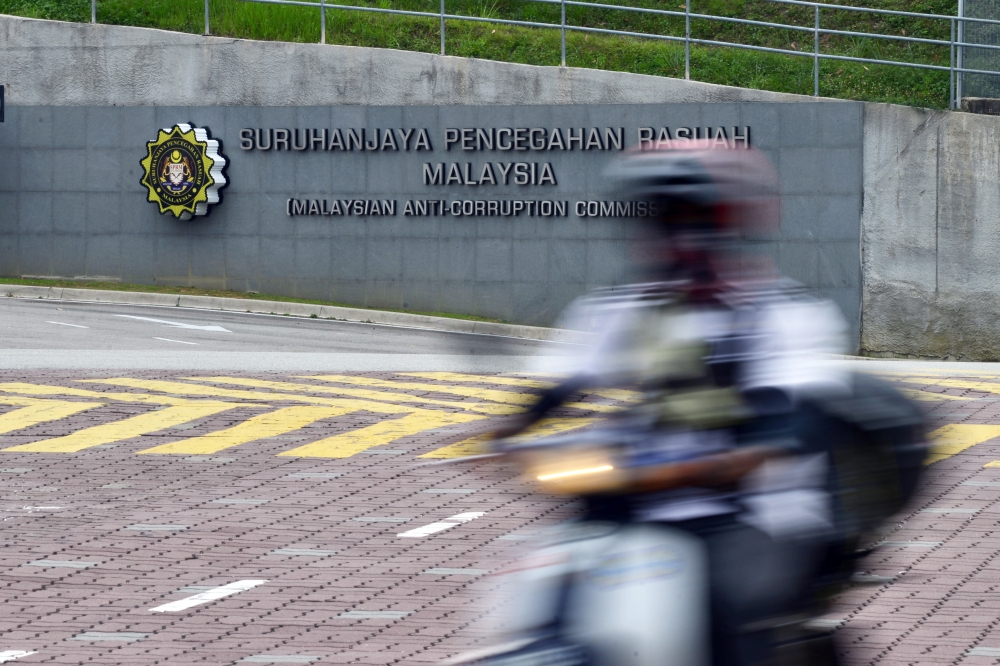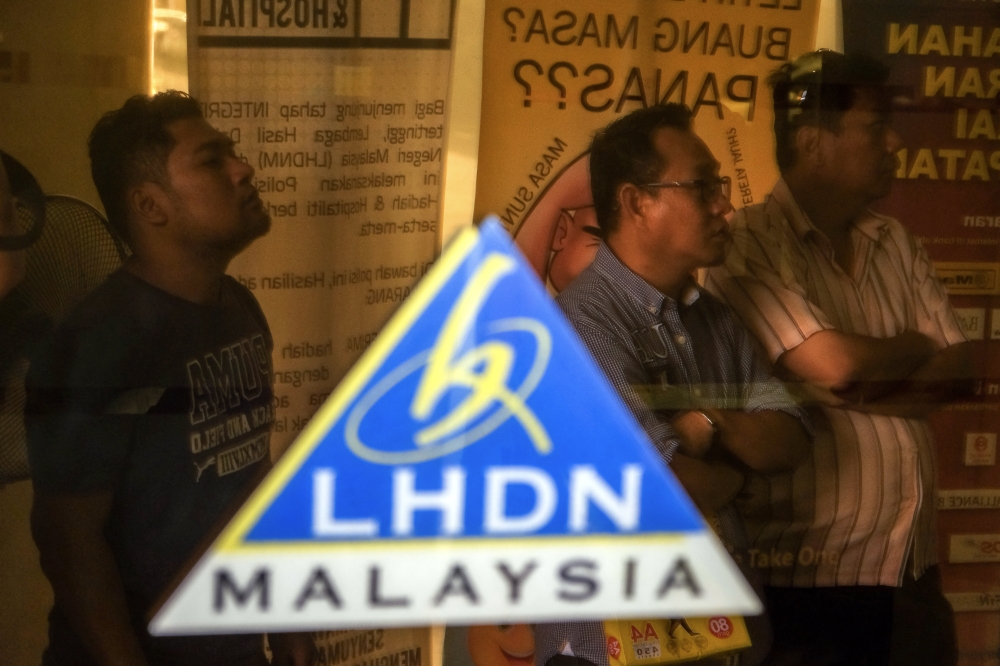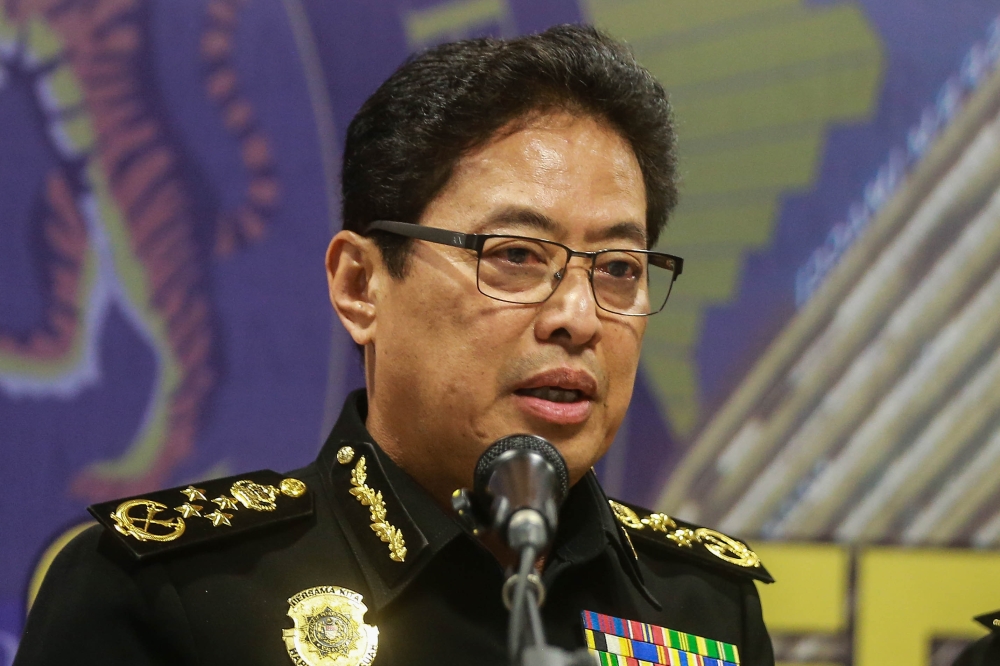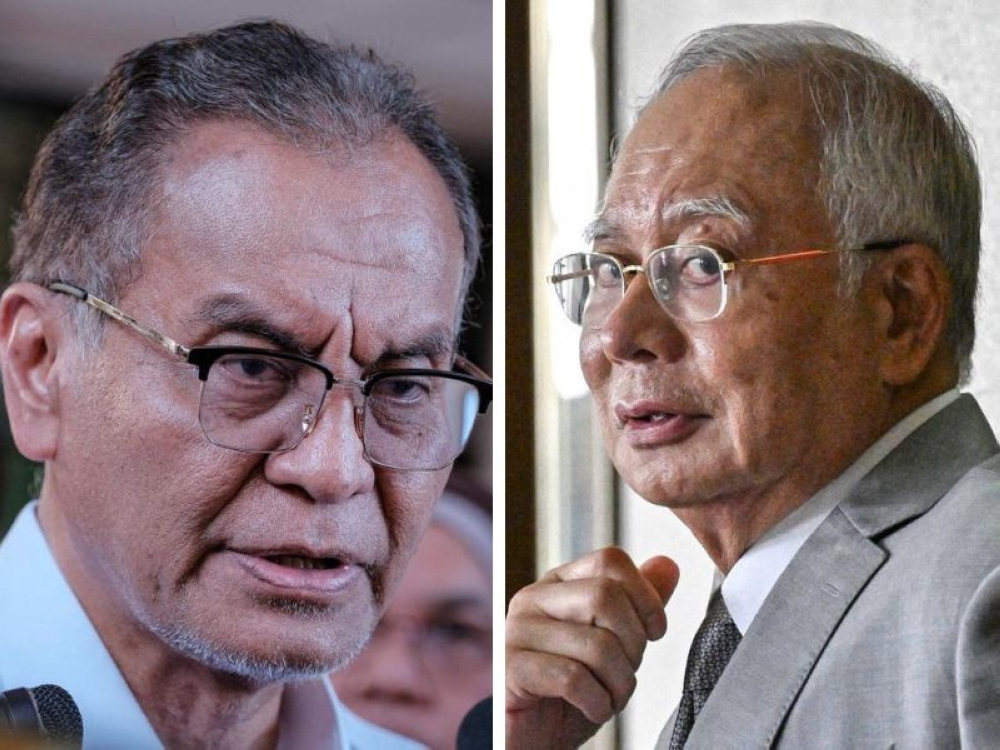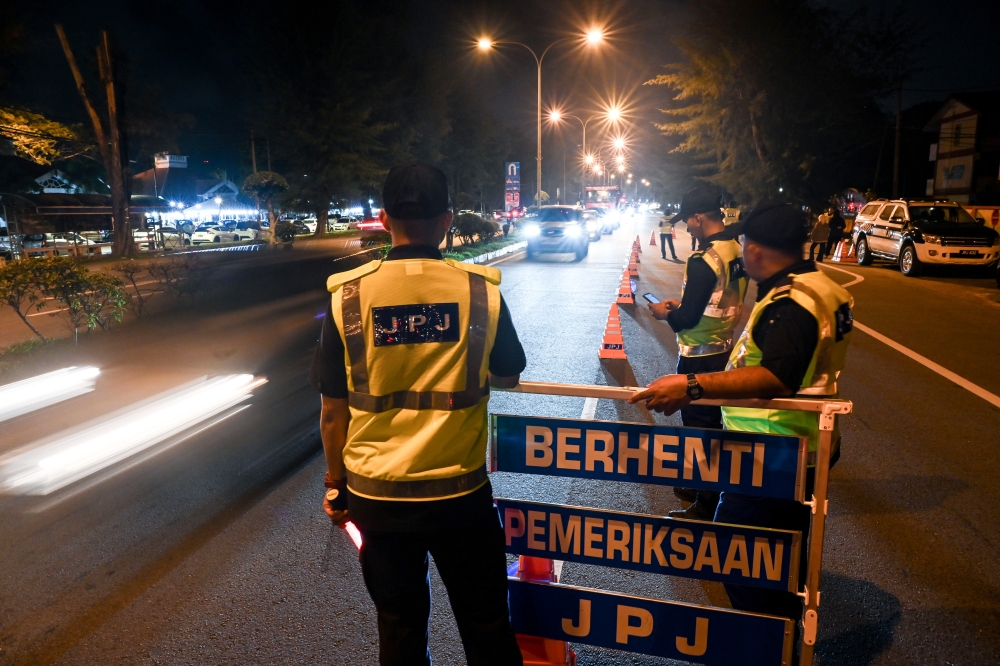KUALA LUMPUR, Nov 10 — The Malaysian economy is expected to grow between 3 per cent and 4 per cent this year, said Finance Minister Datuk Seri Tengku Zafrul Abdul Aziz.
He said this is supported by stronger external demand and robust trade activities, a ramp-up in commodity production and the materialisation of pent-up demand as well as continued investment in large-scale infrastructure projects.
The recovery is expected to continue next year, with growth ranging from 5.5 to 6.5 per cent.
“This is in line with World Bank and the International Monetary Fund (IMF) projections of 5.8 and 6.0 per cent respectively.
“Growth will be supported by a gradual normalisation of economic activity as well as positive spillovers from continued improvement in external demand,” he said in a special address at the Credit Guarantee Corporation (CGC) 26th FI/DFI and SME Awards 2020 virtual ceremony today.
Tengku Zafrul said the year 2022 is a critical year for Malaysian economic recovery as the government expects most sectors and industries as well as employment to gradually recover.
“Therefore, through Budget 2022, we have crafted and curated various strategies and initiatives, focusing on the rakyat’s wellbeing, businesses, and a prosperous and sustainable economy,” he said.
Worth RM332.1 billion, the expansionary budget considers the aspiration of Keluarga Malaysia, and is aligned with the 12th Malaysia Plan (12MP).
He said through this alignment, the government aims to ensure that businesses receive not only a quick leg up in terms of recovery but also support in ensuring their recovery is sustainable.
Meanwhile, Tengku Zafrul has urged banks and financial institutions, including development financial institutions (DFIs) to step up their efforts to assist the government in driving a strong economic recovery while also ensuring business continuity, particularly in jump-starting businesses when the economy reopens.
He said banks and financial institutions, including DFIs — have always been a barometer of a nation’s socio-economic health, and thus play a critical role in the country’s recovery.
The government recognises that many small businesses require capital to restart but face difficulties obtaining financing, therefore, it has allocated RM1.8 billion in various microcredit financing schemes.
“This includes Tekun’s Skim Pinjaman Informal and Mikro, which allows informal workers or micro-enterprises to borrow up to RM10,000 with a 12-month moratorium and a zero per cent interest rate.
“This is in addition to the various microcredit schemes that Bank Simpanan Nasional and Agrobank will implement,” he said.
For small and medium enterprises (SMEs), a total of RM14.2 billion is made available, including Bank Negara Malaysia’s special funds, especially the Targeted Relief and Recovery Facility, which has been increased by RM2 billion.
In addition, other institutions such as SME Bank, Perbadanan Usahawan Nasional Bhd (PUNB), Bank Pembangunan Malaysia Bhd, AgroBank, MIDF and Majlis Amanah Rakyat (Mara) will also provide funds for SMEs.
“All of these initiatives are meant not only to help businesses restart but also to provide them with the necessary breathing space to build resilience, particularly in transitioning to the new norm,” he added. — Bernama

